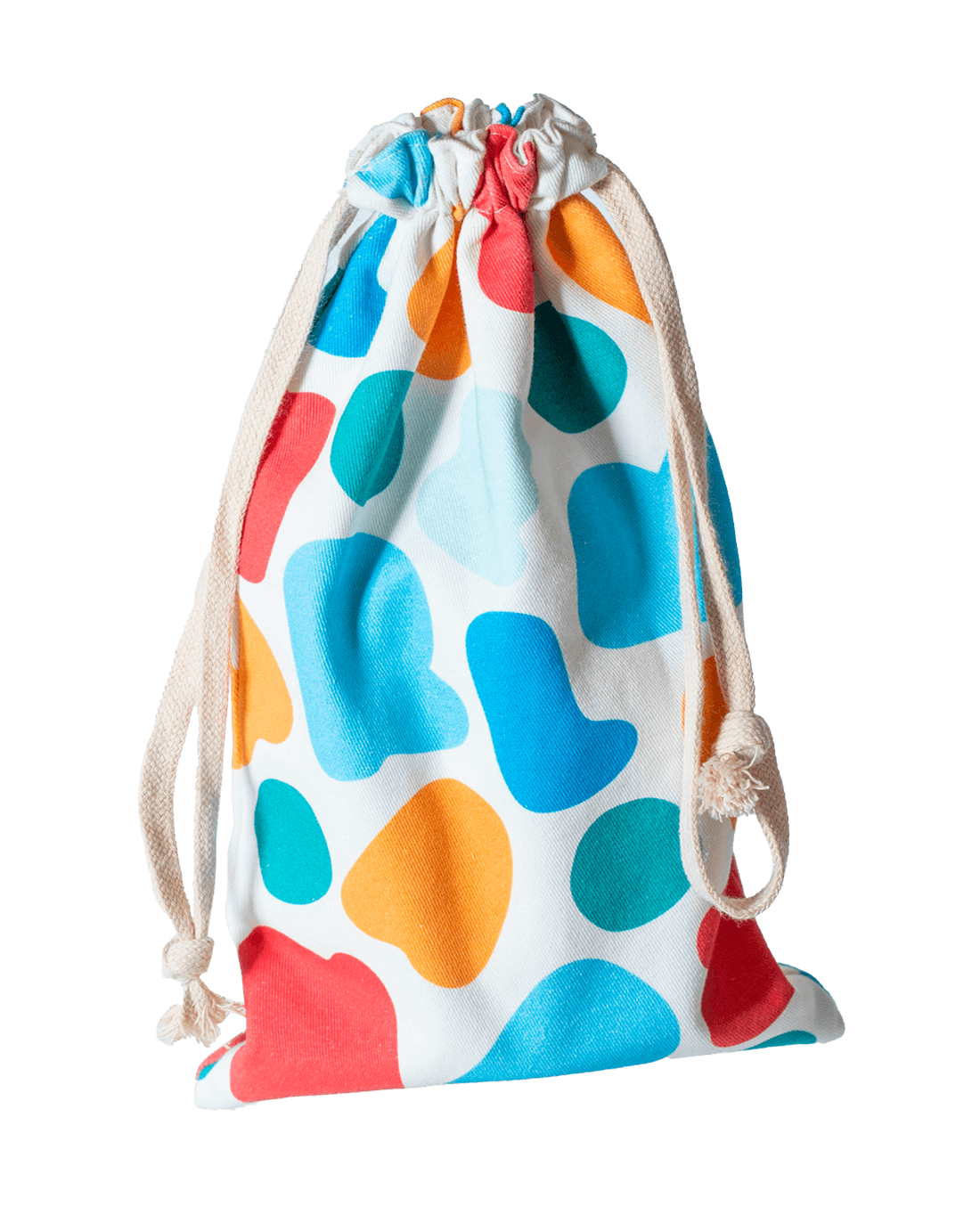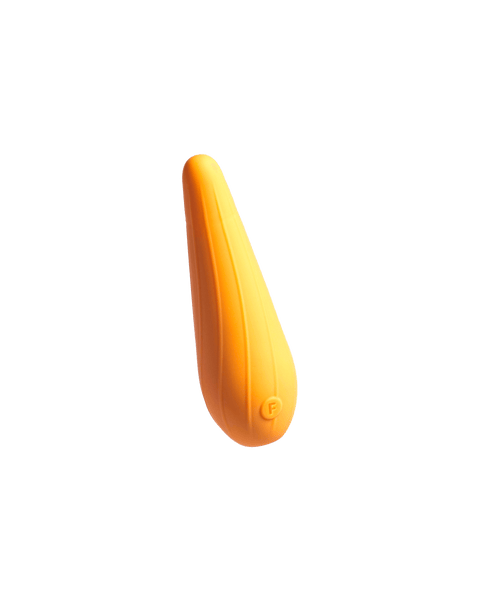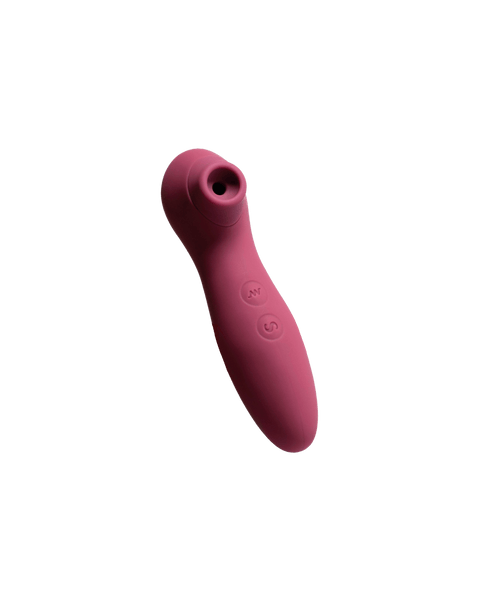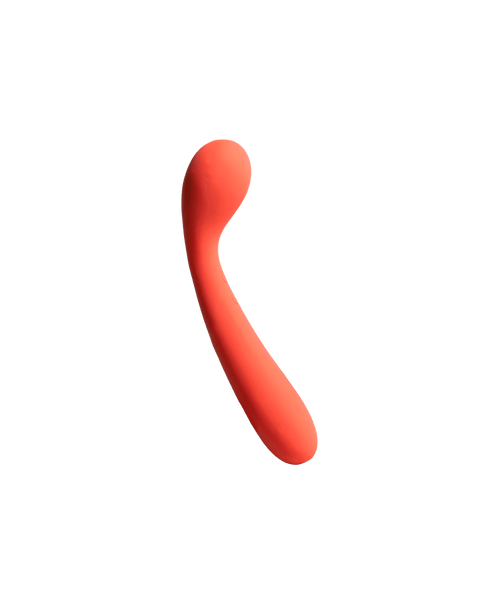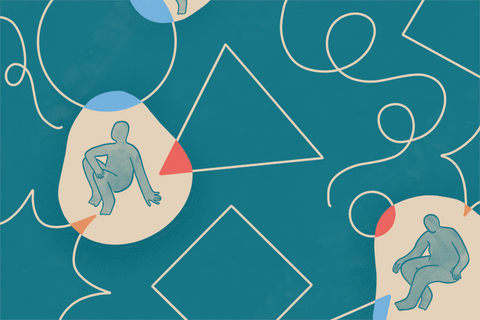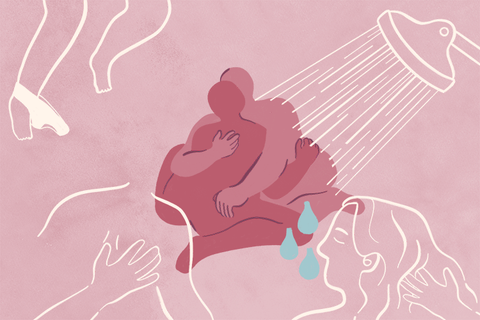Squirting is the release of fluid from the vulva around the moment of orgasm, and it’s the stuff of sexual legend.
The internet is full of eager, curious questions about squirting: how can we make it happen?
Does it really guarantee a leg-shaking, earth-shattering orgasm? And what about if we can’t squirt—does that make us weird? (Spoiler alert: no, it definitely doesn’t.)
Squirting has also been a hot topic of debate from within the medical and scientific communities.
Some experts believe that what we call squirting is actually just spontaneous urination during sex.
Others insist that squirting is its own unique phenomenon, and a good handful maintain that squirting doesn’t exist at all.
We’ll be honest: even among the experts, not a lot is known about squirting. We can’t explain absolutely everything about it, because there are still so many unknowns.
But there are some things about squirting that we definitely can clear up, and that’s what we’re going to do now.
First up—what exactly is squirting?
Squirting is when the vulva gushes, squirts, or trickles fluid when stimulated. It doesn’t necessarily have to occur at the moment of orgasm, but it often does.
Anecdotally, we have heard some people say that for them squirting and orgasm are two totally different things—they might easily be able to orgasm, but squirting doesn’t always happen; or they might squirt long before they have an orgasm.
Squirting can make orgasms feel more intense and pleasurable, but like any physical sensation, it’s subjective—one person’s squirting orgasms might feel absolutely amazing, while another’s could be totally ordinary.
The jury is still out on exactly what kind of fluid is released when a person squirts.
One study in the Journal of Sexual Medicine suggests that squirting and vulvar ejaculation are two totally different things, with ejaculation being the release of thick white fluid from the Skene’s glands (more on those in a minute) and squirting being the release of diluted urine from the bladder.
Another study, conducted a few years later and published in the same journal, looked deeper into this hypothesis and actually conducted ultrasounds on participants before, during, and after squirting to see if their bladders were full—we’re guessing they were interested to see if people could still squirt with an empty bladder.
The study found that even though participants had empty bladders prior to sex, their bladders became full before squirting and then were empty again afterwards, indicating that urine was released when participants squirted. Fascinating, right?
However, another interesting study found that vulvar ejaculation was far more common than ‘coital incontinence’ (or, weeing during sex), although it did note that ejaculate could often contain urine.
So the short answer to ‘what comes out when we squirt?’ is: probably some pee and lubricating fluids from the Skene’s gland, although officially we don’t know.
For what it’s worth, the debate around whether or not squirting is actually urination has been an intense one.
The UK actually banned pornography that involves squirting because they believed that porn performers may have been urinating instead, a decision that we reckon is pretty small-minded.
Sex educator Lux Alptraum wrote about the squirt vs. urine debate, arguing that it is, “Hard to ignore that the experience of spontaneously expelling fluid in the height of orgasm is fundamentally different from the more intentional act of voiding one’s bladder”.
Alptraum suggested that debating whether or not squirting is ‘real’ contributes to a culture that routinely disbelieves people when they define their own sexual experiences, and we have to agree on this.
The human body is capable of some pretty amazing things, and dismissing squirting as ‘just’ urination would be pretty silly when so many people have said that their experiences with squirting feel so totally different to urinating.
How does squirting happen?
This question is easier to answer! Squirting can happen for some people when they’re aroused, often but not always at the moment of orgasm.
Squirting can involve stimulation of the Skene’s glands, which are frequently referred to as a sort of prostate in the vulva.
The Skene’s glands surround the urethra, and can be accessed by pressing on the upper wall of the vagina. If you’re thinking, ‘hey, that sounds a lot like the g-spot’, you would be very correct—many people believe that when we stimulate the g-spot, we’re actually stimulating the Skene’s glands.
This explains why some people squirt when their g-spot is stimulated, and it also explains why urine can sometimes be released when we squirt: because the Skene’s glands and the urethra are so close together.
Although squirting can happen during any sexual activity, we’d say it most commonly happens when the g-spot is stimulated.
There’s no tried-and-true method for making one’s self (or one’s partner) squirt, but if you’d like to have a red-hot go at it, we recommend the following:
- Relax. As with any sexual act, if you feel tense or uncomfortable your body is unlikely to respond the way you want it to and you’re unlikely to have a good time. Find a time and place where you feel comfortable, chilled out, and in touch with yourself; and always make sure you’ve received consent from your partner before any sexual act.
- Allow yourself to get turned on. We’ve heard that trying to stimulate the g-spot when not properly aroused can be uncomfortable. Spend some time on foreplay, even if you’re flying solo, to make sure you’re turned on before you begin.
- Locate your g-spot. Our sex coach, Georgia Grace, told us exactly how to find our g-spot: using your fingers or a toy, press upwards against the front wall of your vagina. Once you’ve located the g-spot, experiment with different ways of touching it and see what feels good.
- Ignore the feeling of needing to wee. Some people say that right before they squirt, they get a feeling of needing to wee. Instead of stopping or slowing down, ignore the feeling and focus on relaxing your muscles. This can lead to squirting!
- Don’t expect to squirt on the first go. Some people find it really easy to squirt, and others—probably the majority of people—find it takes a bit of practice. As with any new skill or practise, squirting probably won’t be something you succeed with on the first try. Give yourself time and patience, and find ways to enjoy the sexual experiences you have whether or not they lead to squirting.
And if you don’t want to squirt?
Squirting can be extremely pleasurable, but some people would rather avoid squirting every time they’re intimate.
They might find the feeling intense or overwhelming, or they may just want to skip the excess laundry afterwards—we get it!
There’s no one, proven way to avoid squirting, just like there’s no one, proven way to squirt. However, here are a few suggestions from us on how to lessen your chances of squirting during sex:
- Try other forms of stimulation aside from the g-spot. If you frequently squirt when your g-spot is stimulated, experiment with other forms of stimulation that can still provide pleasure without causing squirting. Clitoral or anal stimulation might be right for you, or you could try finding a totally unexplored erogenous zone.
- Pee before sex. As we know, it’s believed that squirting can involve releasing fluids from the bladder. While peeing before sex may not prevent you from squirting at all, it could lessen the amount of fluid that is released.
- Experiment with penetration. Some sex and masturbation positions make the g-spot easier to access—but if you’re trying to avoid squirting, you might want to try to bypass the g-spot and focus on enjoying other elements of penetration. Experiment, either solo or with your partner, and try to find some positions that allow you to enjoy being penetrated while avoiding having your g-spot stimulated.
To learn more about the foundations of great sex with acclaimed sex coach Georgia Grace, check out NORMAL's video masterclass, The Modern Guide To Sex.

